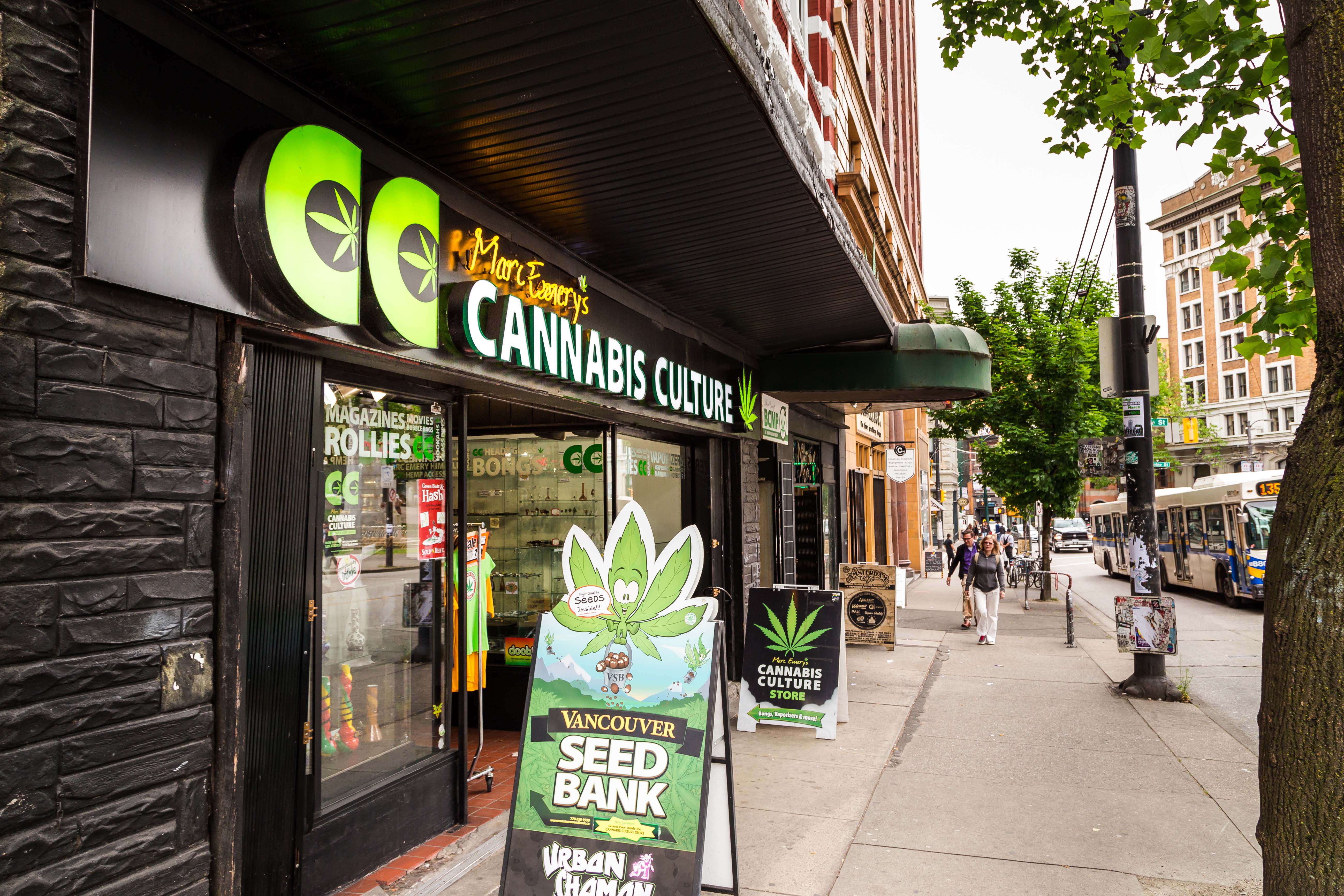
Early indications from fast-moving provinces like Ontario suggest that, while the sale of cannabis will become commonplace after legalisation, edible products will remain prohibited. This is despite recommendations against smoking marijuana from the country’s medical bodies.
Canada’s government has suggested it will deal with cannabis-infused products at a later date. But the bill’s passage through parliament could have a profound effect on Canada’s foodservice and hospitality industry nonetheless, as the experience south of the border demonstrates.
Sluggish uptake?
The combined medical and recreational cannabis industry is predicted to be worth about $22bn in America by 2020. But in countries like Canada where the legalisation process is only just beginning, there are roadblocks to be dealt with.
Speaking to Foodservice Consultant magazine last year, FCSI associate member AJ Barker – based in Washington State, US, where cannabis has been legal for recreational use since 2012 – noted the barriers to entering America’s marijuana industry. Firms hoping to gain a foothold must wade through divergent state-to-state legislation; “to buy into this business is going to cost you $700,000 to $1m”, says Barker.
Canadian consultant Patrick Watt FCSI of A DAY IN LIFE Foodservice Development points out the situation is different in Canada, where national rather than state-level legalisation is on the cards. But the immediate expense is the same. According to Watt’s financial contacts, “The idea that everyone wants to be first in on the production side is probably a poor investment.” Heavy regulation means cannabis will likely remain the preserve of top conglomerates when first rolled out.
Financial obstacles aside, Watt also notes cultural factors which could hamper the nationwide weed rollout. Vendors in Colorado and Washington “came out full force with edibles” upon legalisation, he says, “leading to horror stories of people supposed to eat a tenth of a chocolate bar and eating the whole thing.”
Canada’s lawmakers are planning a much more cautious approach, if their prohibition of these edibles is anything to go by. “The government is saying we want to be the leaders in pot education,” says Watt – adoption of the drug by businesses will be impeded accordingly.
An appetite for pot
Short-term obstructions aside, the appetite for wider access to cannabis is strong in Canada. According to recent research by Sylvain Charlebois of Dalhousie University, 46% of Canadians would try cannabis-infused food products were they commercially available. 39% said they would try these products in a restaurant.
The immediate priority for foodservice firms, according to Watt, should be focusing on the “potential value added bracket” rather than wholesale transformation. “This would include cannabis culinary activity, cannabis tourism activity, right down to cannabis themed restaurants like you see in New York City these days,” he says. With only 20% of Charlebois’ respondents saying they feel knowledgeable enough to do their own marijuana infusions at home, restaurants and caterers can take the lead.
Furthermore, contrasting with America’s jumbled state-based approach and the Netherlands’ quasi-legal cannabis culture, Canada offers the first example of a country attempting uniform nationwide legalisation. Provinces then hammer down the specific legal framework, allowing foodservice firms to take or leave the potential commercial advantages of cannabis as they see fit.
“This is where you’ll start getting the coffeehouse areas,” says Watt. “You could even visualise a resort or something along those lines. You sign up, come into the controlled environment, hang out on the deck and smoke weed or eat cookies.”
Whatever happens, Watt rightly notes that uptake of cannabis in Canada’s foodservice sector is “inevitable”. With businesses and tax collectors alike rubbing their hands at the impending revenue windfall, feet-dragging regulators can’t get in the way forever. Foodservice and hospitality firms should prepare now for a culture shift.
Further information
At the FCSI The Americas 2018 Conference in Denver, Colorado (19-21 April 2018), keynote speaker Jaime Lewis, a cannabis industry expert, will discuss the subject of cannabis and foodservice in depth. Further details can be found here.
Thomas Lawrence
Pictured: Mark Emery’s Cannabis Culture store in Vancouver, Canada




